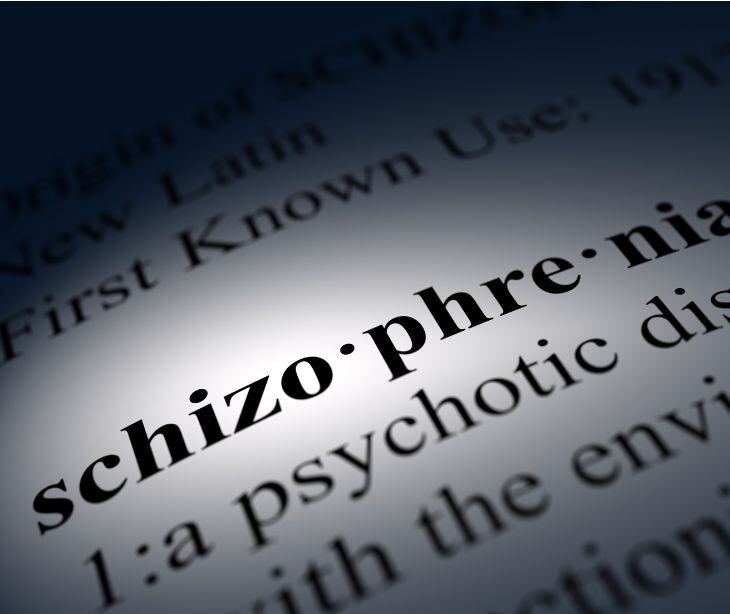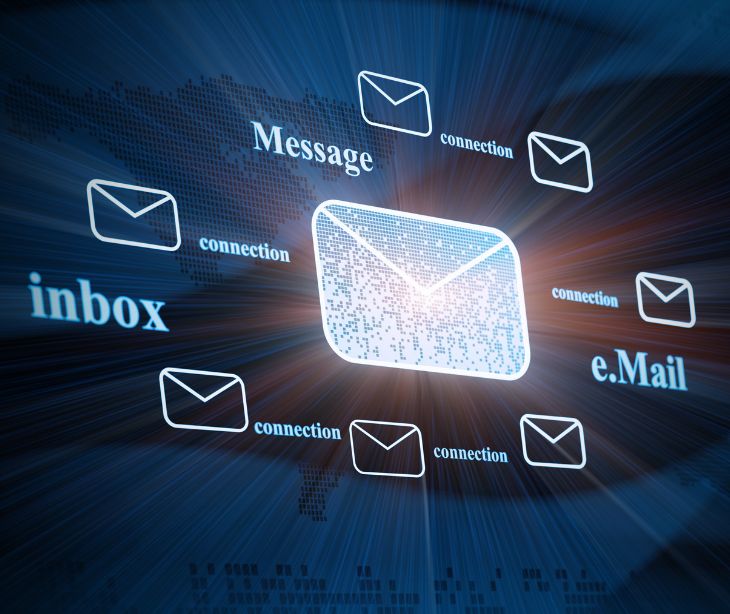2 min read
Using HIPAA compliant emails to transform mental health globally
Caitlin Anthoney July 10, 2024

Providers can use HIPAA compliant emails to align mental health practices with the World Health Organization’s (WHO) global initiative, transforming the delivery of mental health care.
What is mental health?
The World Health Organization (WHO) defines mental health as “a state of mental well-being that enables people to cope with the stresses of life, realize their abilities, learn well and work well, and contribute to their community.”
WHO also encourages “national efforts to strengthen mental health, [to] protect and promote the mental well-being of all, [addressing] the needs of people with mental health conditions.”
Furthermore, WHO’s World Mental Health Report: Transforming Mental Health for All focuses on the global initiative to enhance mental health outcomes universally.
Specifically, the report aims to:
- “deepen the value given to mental health by individuals, communities, and governments; and matching that value with commitment, engagement, and investment by all stakeholders, across all sectors;
- reshape the physical, social, and economic characteristics of environments – in homes, schools, workplaces, and the wider community – to better protect mental health and prevent mental health conditions; and
- strengthen mental health care so that the full spectrum of mental health needs is met through a community-based network of accessible, affordable, and quality services and supports.”
While these goals can help “achieve meaningful progress towards better mental health,” WHO also encourages “protecting and promoting human rights.”
Patient rights and HIPAA compliance
HIPAA regulations require covered entities like healthcare providers, health plans, healthcare clearinghouses, and their business associates to safeguard patients’ protected health information (PHI).
Therefore, providers must use HIPAA compliant communication when sending patients' mental health data to achieve the goals outlined in the World Mental Health Report.
HIPAA compliant platforms, like Paubox, offer encryption and secure storage, protecting patients' mental health information from unauthorized access or disclosure. Additionally, these platforms provide audit trails to track who accessed the information, ensuring accountability and upholding patient privacy.
Go deeper: HIPAA for mental health professionals
How HIPAA compliant emails can help
Deepen the value given to mental health
Providers must use HIPAA compliant emails to safeguard PHI, “deepening the value given to mental health by individuals, communities, and governments.” It ensures that this value is matched with “commitment, engagement, and investment from stakeholders across all sectors.”
For example, a therapist at a community mental health center can use HIPAA compliant emails to send mental health resources to their patients, encouraging commitment to mental health within the community.
Reshape environments
Providers can use HIPAA compliant emails to create environments that promote mental well-being and reduce risks to mental health.
For example, provider organizations can offer mental health support through HIPAA compliant email to reduce work-related stress among healthcare workers.
Additionally, HIPAA compliant emails in schools can streamline interventions promoting student mental health.
Strengthen mental health care through a community-based network
HIPAA compliant emails protect communications so “the full spectrum of mental health needs is met through a community-based network of accessible, affordable, and quality services and supports.”
So, community mental health clinics can securely share patient treatment plans and updates among therapists, primary care doctors, and social workers, ensuring comprehensive and coordinated care for patients.
FAQs
Should providers use HIPAA compliant emails in mental health care?
Yes, providers must use a HIPAA compliant emailing platform, like Paubox, to securely share mental health treatment plans and updates with patients, colleagues, and stakeholders.
These platforms use advanced security measures, like encryption, access controls, and auditing, to reduce the risk of expensive legal consequences and financial penalties.
Can mental health information be shared without patient consent under HIPAA?
Generally, no. HIPAA requires explicit patient authorization to disclose mental health information, except in emergencies or when required by law.
How does HIPAA protect mental health information?
HIPAA mandates administrative, physical, and technical safeguards to protect mental health information from unauthorized access, use, or disclosure.
Read also: Improving mental healthcare through HIPAA compliant email marketing
Subscribe to Paubox Weekly
Every Friday we'll bring you the most important news from Paubox. Our aim is to make you smarter, faster.



